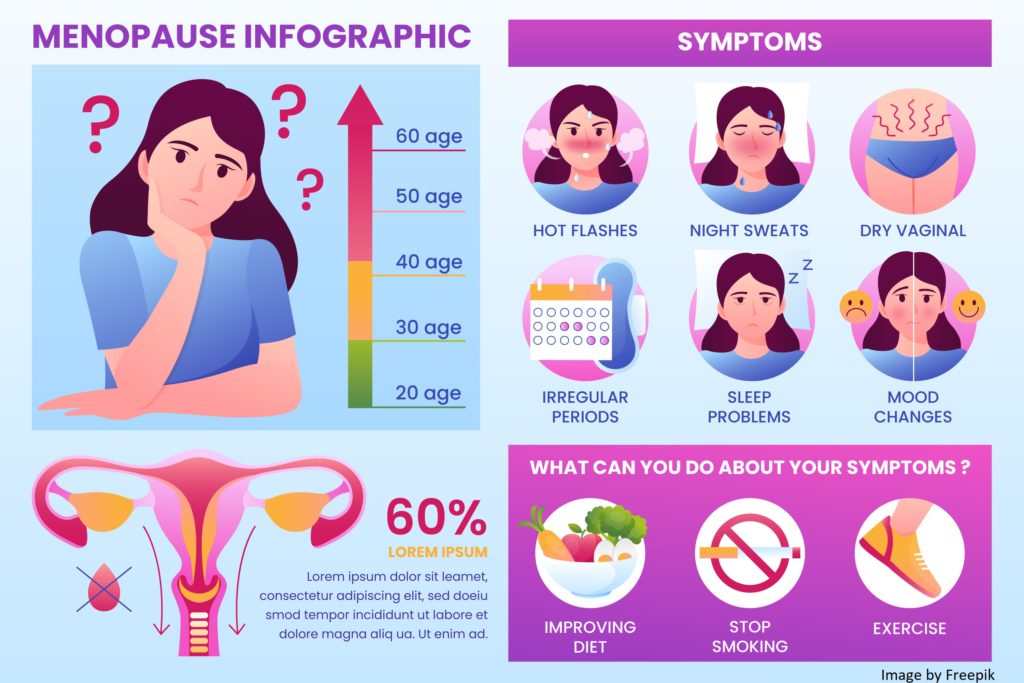Menopause Weight Gain
One of those stages that most women are afraid of. This is because weight gain during menopause does not only indicate that they are indeed aging but also means that they cannot really control the drastic changes that their body will go through.
But, women should not sulk into the great pit of depression once they start to gain weight during menopause because this does not mean that they are not doing something for themselves. They should realize that as people especially women age, their bodies will not have the same function as they did ten years ago. They should realize that this weight gain caused by menopause is really inevitable.
Once they have accepted this fact, it will be easier for them to get out of the depression and start thinking of ways that can help them minimize the gaining of weight. Experts say that weight gain is one of the common problems women in their midlife stages those who are in their 40s and 50s complain about. Most of the complaints include the “uncontrollable” bulges in the hips, thighs, and abdomen which can be unsightly if they remain using the clothes they used to wear.
Although there is nothing much that can be done once weight gain in the menopausal stage rushes in, there are some things that can be done to minimize and totally prevent it while you are younger.
What causes weight gain in menopause?
To be able to avoid suffering from too much weight gain caused by menopause, one of the things that younger women should do is understand the reasons behind this weight gain.
Once they were able to discover and understand these causes, they can do something about it.
The following are just some of the common reasons that cause weight gain. Younger women should be very well aware of these causes so they can plan some ways to avoid gaining weight too much:
- Less exercise. This is considered the number one reason why more and more women experience menopause weight gain. Studies show that as women age, they tend to move slower which is why they keep on accumulating fats in specific areas of their bodies. To avoid menopausal weight gain, younger women or even those who are on the borderline can start increasing their physical activities by having regular sets of daily exercises and workouts that are specially designed for them.
- Increased food intake. This is also a major reason why women gain too much weight during their menopausal stage. Experts say that as women grow older, their appetite increases which leads to the accumulation of too many calories which later on becomes fat since they are not able to burn it right away.
- Inability to burn lesser amounts of calories. Studies show that this is also a great factor that contributes to menopause weight gain since it replaces fat with calories that are harder to burn. Once the muscles in the body are replaced with fat, the metabolism will be slower which will lead to deposits of fats in the body.
Women who have menopause weight gain in their family histories are more prone to this condition.
To avoid suffering from the burdens of menopausal weight gain it is best to include healthy foods in the diet, have a regular set of physical exercises, and visit the doctor once in a while for a general check-up.
DISCLAIMER:
This information is not presented by a medical practitioner and is for educational and informational purposes only. The content is not intended to be a substitute for professional medical advice, diagnosis, or treatment. Always seek the advice of your physician or other qualified healthcare providers with any questions you may have regarding a medical condition. Never disregard professional medical advice or delay in seeking it because of something you have read.
Since natural and/or dietary supplements are not FDA-approved they must be accompanied by a two-part disclaimer on the product label: that the statement has not been evaluated by FDA and that the product is not intended to “diagnose, treat, cure or prevent any disease.”





